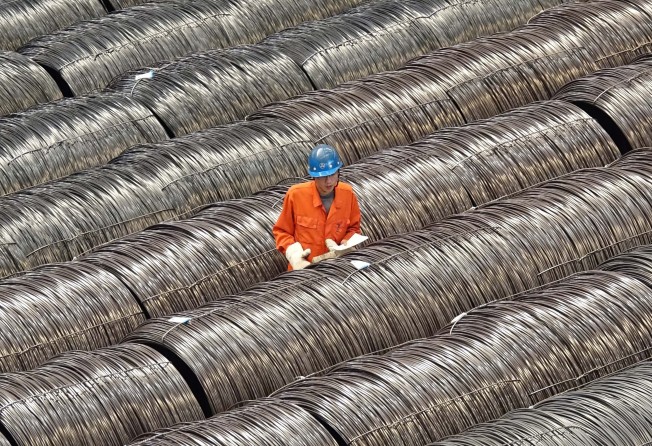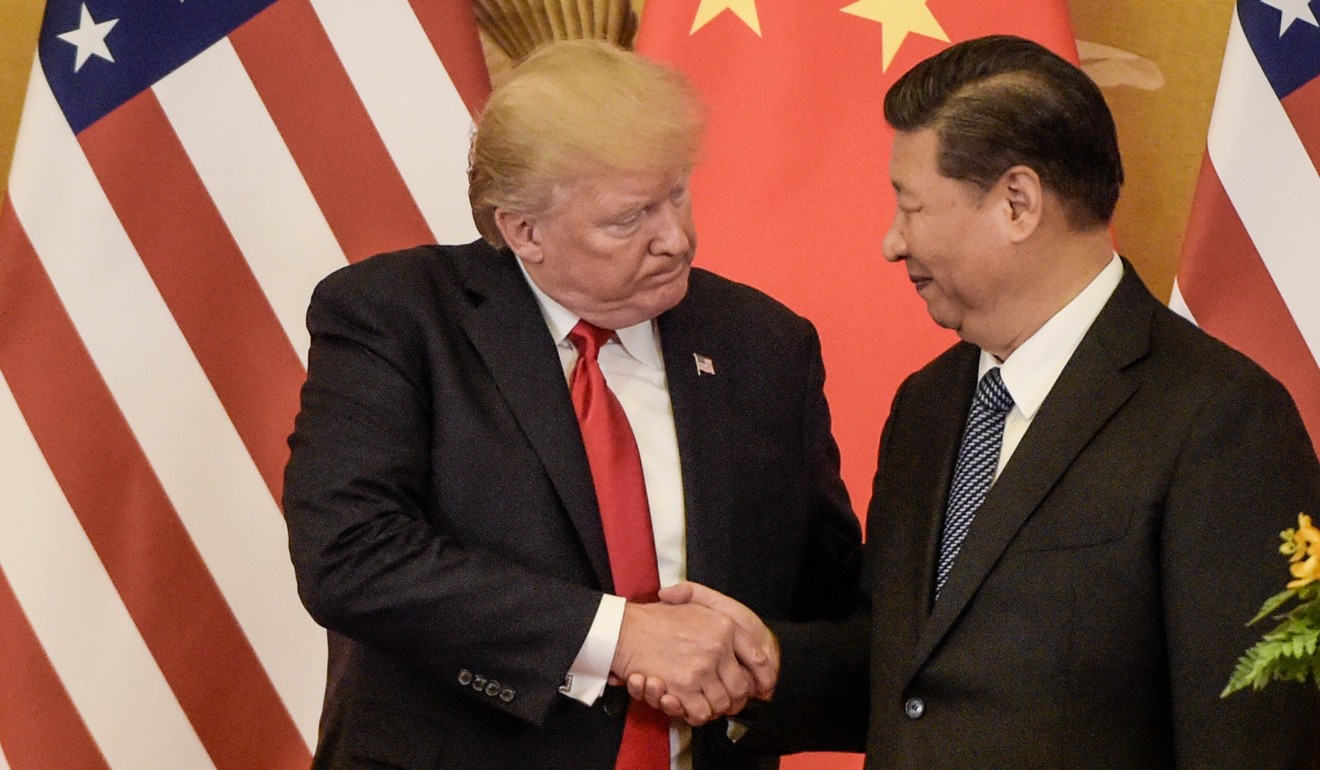Five reasons why Trump is not ready for a trade war, and China could emerge stronger from the contest
Scott Kennedy says the US administration has underestimated its opposition, and the domestic impact of a trade war. The risk is that China could emerge from the contest more difficult to rein in

A trade war between the United States and China may help resolve their deep differences, but the fight won’t be easy. If the Trump administration proceeds without adequate preparation, the US and the global economy may be far worse off than if nothing had been done.
There is no doubt that China plays unfair, damaging itself and its trading partners with discriminatory policies and growing ambitions to dominate advanced technologies. Given the nation’s size, a distorted Chinese economy means a distorted global economy.
The Trans-Pacific Partnership’s rules on intellectual property, investment, the digital economy and state-owned enterprises, abandoned by Donald Trump, could have been an excellent tool to constrain Chinese industrial policy, but that may not have been enough to discipline a Xi Jinping-led China, the world’s most enticing domestic market with growing capabilities. Perhaps the only way to move China may be to push and punish with unilateral measures.
The US should make carefully considered proposals so that negotiations do not start with China’s most limited offer meant to reinforce business as usual
This appears to be Trump’s conclusion. Hence, his announcement that the US will adopt tariffs of 25 per cent and 10 per cent on steel and aluminium respectively. The Section 301 investigation into Chinese intellectual property rights abuses could result in tariffs, limits on direct investment, expanded export controls and visa restrictions.
The US is woefully unprepared for a trade war in five ways. First, the administration has not decided what it wants. The reticence highlights that US concerns are systemic and structural, not about any single sector or policy. Yet remaining silent creates two problems.
One is that there is zero precedent for China making concessions without a clear idea of what is demanded. The US should make carefully considered proposals so that negotiations do not start with China’s most limited offer meant to reinforce business as usual. The other problem is that the administration lacks its own internal consensus on what it wants. A fundamental choice the administration must make is whether it is more interested in reducing the bilateral trade deficit or liberalising China’s economic system.

Second, the administration may have a misguided view of its opponent. The administration appears to have sized up China this way: the economy has deep-seated problems that would become more apparent if a trade war erupts; Chinese leaders are highly risk averse and President Xi Jinping is strong enough to force any market-opening concessions through his system. Some in the administration expect little Chinese retaliation in any significant way. That’s a highly debatable proposition. Yes, China’s economy has substantial weaknesses, but Beijing is in the midst of addressing the biggest risks. China has many shock absorbers, such as its high savings rate, and its economy has a bevy of bright prospects in many sectors. Xi could probably impose substantial costs on state-owned enterprises, banks and local governments and is more willing to take chances than any Chinese leader since Mao, but he does not want to do so under threat from the United States.
Third, the administration has not sufficiently prepared for various scenarios. A trade war creates new losers not only abroad, but at home. Raised tariffs on steel and aluminium are likely to lead to higher prices not only for soup cans, as noted by Commerce Secretary Wilbur Ross, but for cars and manufacturing equipment.
Fourth, the administration has not prepared Americans for the sacrifices of a prolonged fight. Business and labour could suffer and the stock market could wobble a lot more, generating a larger backlash. Lining up domestic troops is smart politically and diplomatically, signalling that the US has sufficient staying power.
Fifth, the administration goes into this battle with few allies. Despite the huge US market, the country cannot pursue this cause alone. With no help, China can find other sources for raw materials and technology, and redirect exports to other markets and expand domestic consumption. Western Europe, Japan, South Korea, India and others have felt the sting of Chinese discrimination and could offer support, pledging to adopt parallel measures and work with the US at the World Trade Organisation.
But the administration appears to be doing everything it can to alienate allies. It appears this administration’s trade war motto is: “Aim, fire ... and never ready”. If the administration bungles this trade war and is forced to back down, China will be much harder to rein in. The US may find it better to hold fire for another day when the country is better prepared for what will surely be a monumental contest.
Scott Kennedy is deputy director of the Freeman Chair in China Studies and director of the Project on Chinese Business and Political Economy at the Centre for Strategic and International Studies. Reprinted with permission from YaleGlobal Online http://yaleglobal.yale.edu